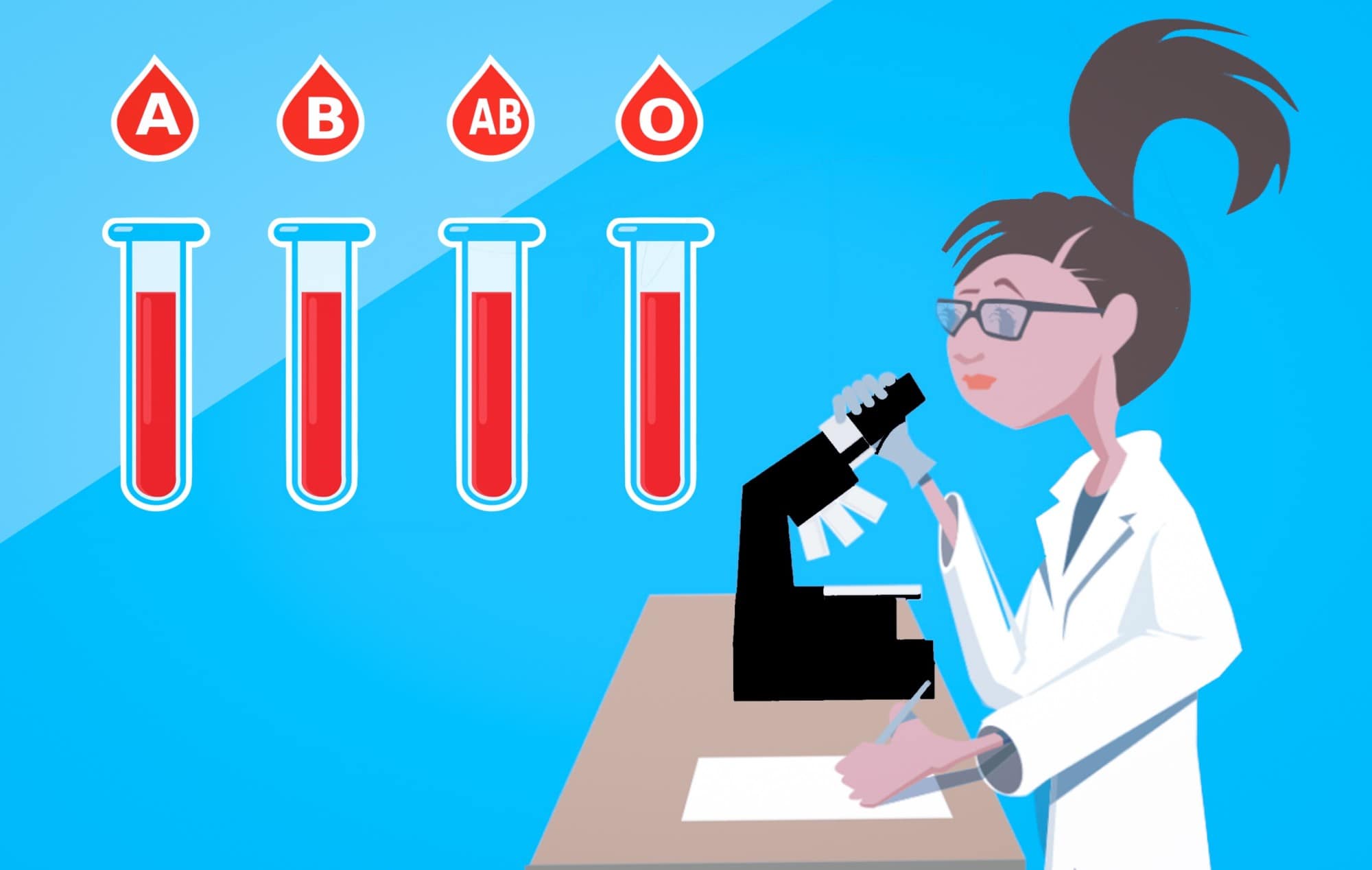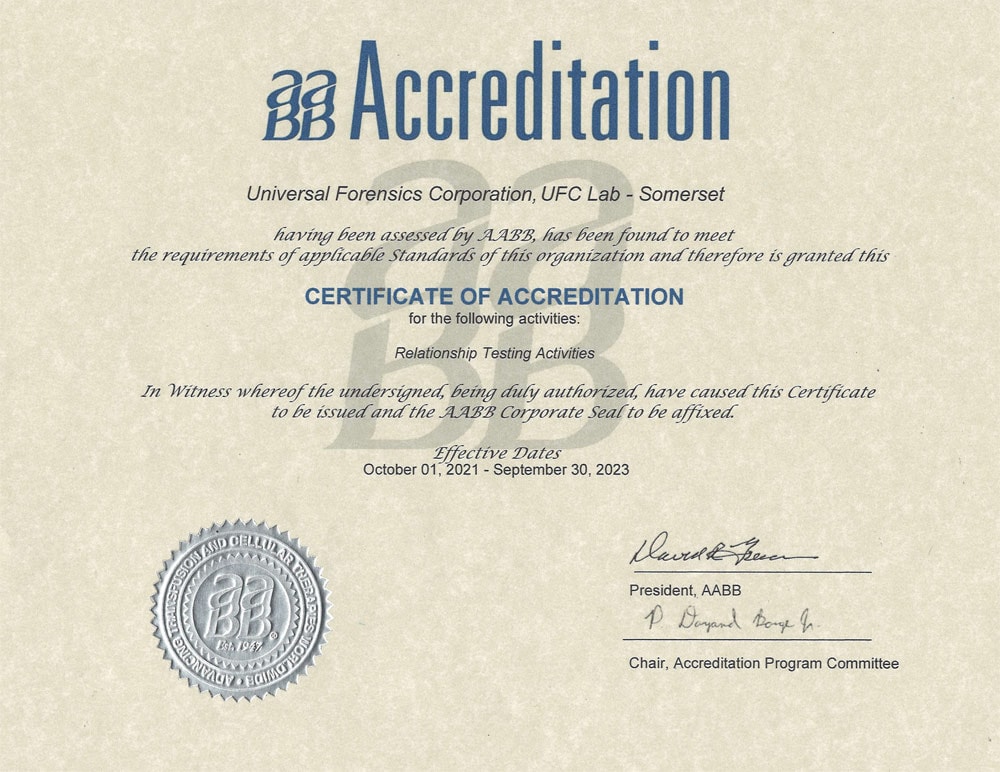The US Task Force Says All Adults Should Get a Hepatitis C Screening

https://www.relialabtest.com/service/std-testing/Are you familiar with the Hepatitis C Virus (HCV)? Do you know the risk factors and consequences of this disease? Do you live in California, Texas, Florida, New York, Pennsylvania, Ohio, Michigan, Tennessee, or North Carolina?
The U.S. National Health and Nutrition Examination Survey (USNHNES) reports that these 9 states have 51.9% of the HCV cases in the United States. The USNHNES also reports that between 2013 and 2016, 2,266,700 people became infected with HCV. Continue reading to learn about HCV and Hepatitis C screening.
What Is Hepatitis C?
HCV is a viral infection that can lead to swelling of the liver, severe liver damage, and death. Today, there are anti-viral medications used to treat this disease. Yet, many people have no symptoms until the liver has become severely damaged.
Signs and symptoms of HCV include:
- Increased incidence of bleeding and bruising
- Decreased appetite and fatigue
- Jaundice: a yellow color to the skin and eyes
- Dark-colored urine
- Itching
- Ascites: a buildup of fluid in the abdomen
- Leg swelling
- Weight loss
- Hepatic encephalopathy: confusing, drowsiness, slurred speech
- Spider angiomas: spider-looking blood vessels on the skin
- Nausea, fever, and muscle pain
Not all acute cases of HCV become chronic. Some people’s bodies can fight the HCV and recover. There’s no vaccine at this time to fight HCV.
How Can You Get Hepatitis C?
HCV travels from one person to another through the blood. Most people become infected by sharing needles or other injection equipment used for illicit drugs. There are several risk factors for HCV in addition to injected drug use.
- Patients who received clotting factor concentrates before 1987
- Blood transfusion or organ transplant recipients before July 1992
- Chronic hemodialysis patients
- Healthcare workers who get stuck by a used needle
- People with HIV infection
- Children born to HCV-positive mothers
- Prison inmates
- People who get a piercing or tattoo in an unclean environment with unclean equipment
- Sexual activity including monogamous or multiple partners; protected or unprotected; and new partners
- High-risk sex including with a sex worker, IV drug user, and/or multiple partners
If you fit any of these risk groups, you should get tested for HCV.
US Preventative Services Task Force HCV Guidelines for Screening
On September 23, 2019, the US Preventative Services Task Force released a draft of its new guidelines. They recommend all adults ages 18 to 79 should have an HCV screen. These guidelines were developed after reviewing all current evidence.
When to Get a Hepatitis C Screening
The incubation period of HCV is 8-9 weeks. If you worry that you were exposed, it’s best to wait about 8 weeks for testing. Then continue to have regular testing as recommended by your healthcare provider.
Do You Need a Screening Test?
If you are concerned that you may have experienced an HCV exposure, get a Hepatitis C screening. ReliaLab Test provides reliable, timely, and secure screening tests. You can order drug, alcohol, DNA, STD, and steroid tests from us.
We can manage all your pre-employment drug testing. The turn-around time for negative results is usually less than 24 hours. Contact us today to learn more about our services.








